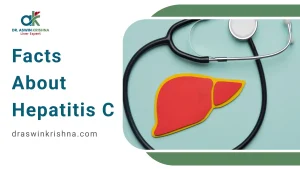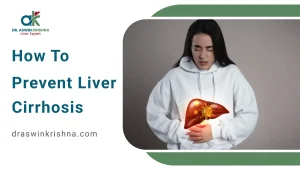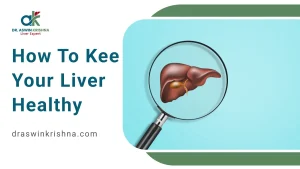Understanding the early signs of liver damage is crucial for timely medical intervention and preventing further harm. The liver, a key player in detoxifying the body, processing nutrients, and supporting metabolism, can be silently compromised. Symptoms like fatigue, unexplained weight loss, and a slight yellowing of the skin or eyes can be subtle yet indicative of underlying issues. Recognizing these signs early can lead to a better prognosis and prevent severe liver-related health complications.
Early Signs of Liver Damage
Recognizing the early signs of liver damage is crucial for maintaining liver health and preventing serious conditions. The liver, an essential organ, plays a vital role in filtering toxins, aiding digestion, and regulating metabolism.
- Fatigue and weakness: Persistent tiredness can be one of the early signs of liver damage.
- Jaundice: Yellowing of the skin and eyes indicates liver distress, a clear signal of liver issues.
- Abdominal pain and bloating: Discomfort or swelling in the abdomen can also signify early liver damage.
Paying attention to these early signs of liver damage can lead to timely medical intervention, helping to manage symptoms and prevent progression to more severe liver disease.
Side Effects of Liver Disease
The side effects of liver disease can be multifaceted and impact various aspects of health. Understanding these side effects is crucial for managing and mitigating their impact.
- Cognitive issues: Confusion and difficulty concentrating can occur as side effects of liver disease, affecting mental clarity.
- Edema and swelling: Accumulation of fluid in the legs and abdomen is common, indicating compromised liver function.
- Jaundice: This is another side effect of liver disease, where the skin and eyes turn yellow due to elevated bilirubin levels.
Monitoring and addressing these side effects of liver disease are essential for maintaining quality of life and preventing further liver damage.
Symptoms of Liver Damage from Alcohol
Symptoms of liver damage from alcohol manifest distinctly, indicating the toll of excessive alcohol consumption on liver health.
- Abdominal pain and swelling: These symptoms can indicate liver inflammation or more severe damage.
- Easy bruising and bleeding: As liver function declines, clotting factors are affected, leading to this symptom.
- Persistent fatigue: A common symptom reflecting the liver’s reduced ability to detoxify.
Recognizing these symptoms of liver damage from alcohol is critical for seeking timely medical intervention and preventing further hepatic deterioration.
Alcoholic Fatty Liver Disease Symptoms
Alcoholic fatty liver disease symptoms are the initial indicators of liver distress caused by excessive alcohol intake.
- Weight loss and appetite changes: Unexpected changes in body weight and eating habits can signal the onset.
- Weakness and fatigue: These symptoms often accompany liver conditions related to alcohol misuse.
- Abdominal discomfort or pain: Particularly in the upper right side, where the liver is located.
Identifying these alcoholic fatty liver disease symptoms early can prompt necessary lifestyle changes and medical care to prevent further liver damage.
Side Effects of Liver Failure
The side effects of liver failure are severe and life-threatening, highlighting the critical nature of liver health.
- Jaundice: Intense yellowing of the skin and eyes is a hallmark side effect of liver failure.
- Ascites: Accumulation of fluid in the abdomen, causing swelling and discomfort.
- Mental confusion: Known as hepatic encephalopathy, this condition affects cognitive function due to toxins accumulating in the blood.
Addressing the side effects of liver failure urgently is crucial to managing the condition and improving survival chances.
Conclusion
Identifying the early signs of liver damage plays a pivotal role in safeguarding health and preventing irreversible liver disease. Early detection facilitates timely treatment, halting disease progression and enabling potential reversal of damage. Symptoms like abdominal discomfort, persistent fatigue, and skin changes should prompt immediate medical evaluation. Proactive attention to these early signs can significantly improve long-term health outcomes and liver function.
Read also Fatty Liver Specialist in Chennai.



